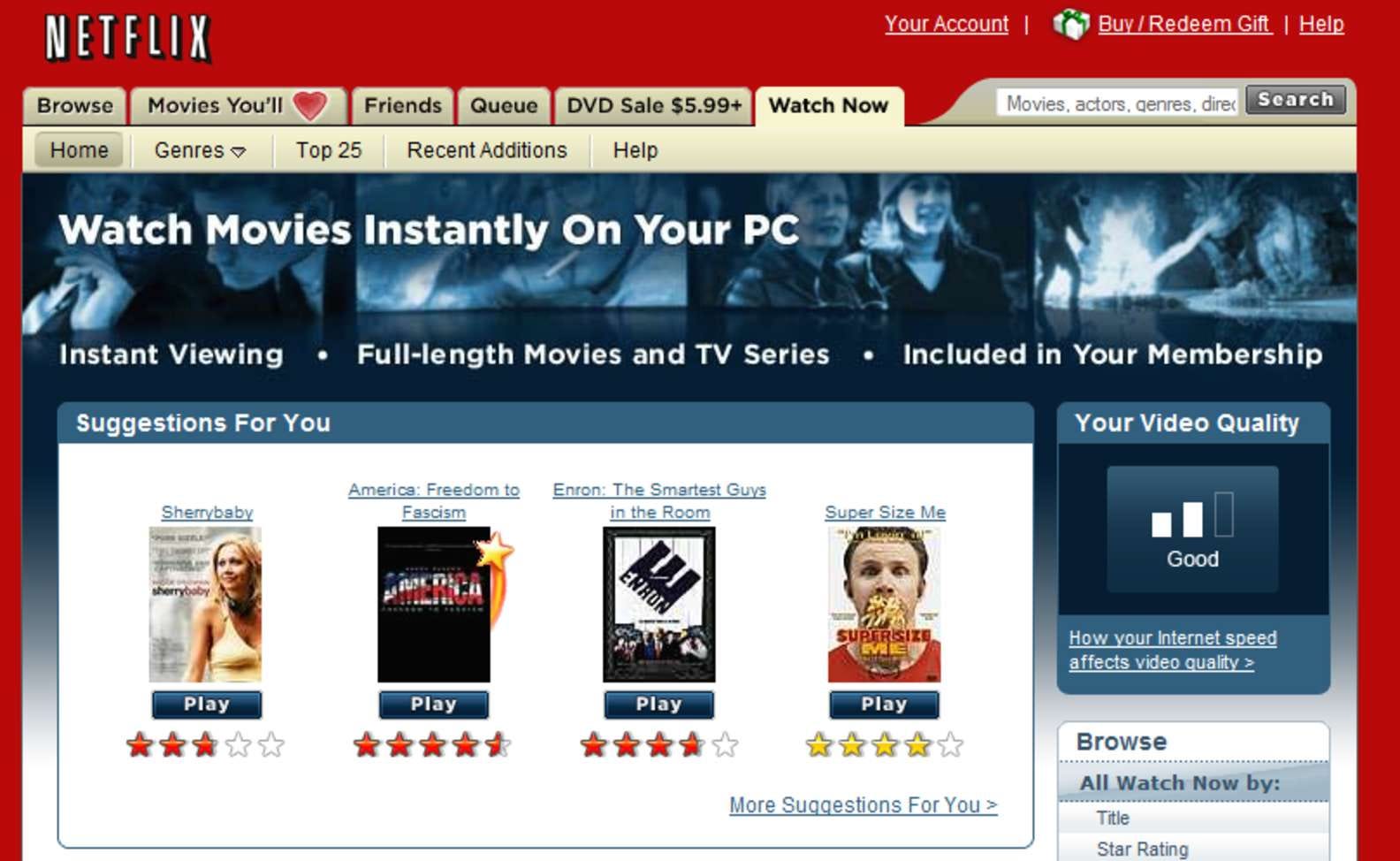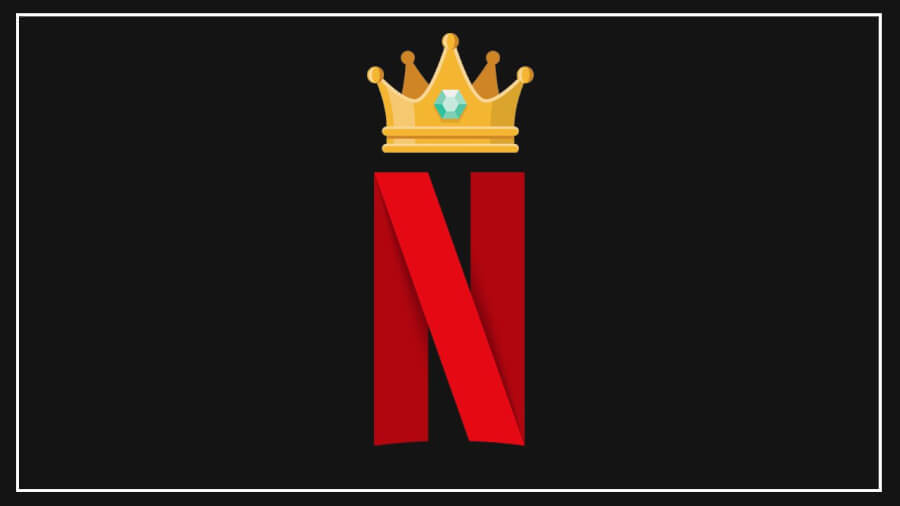For my EOTO Key Post blog, I picked the History of Netflix.

Before I can talk about the history of Netflix, I want to establish where the desire for a service like Netflix came from.

Formed in 1985 by David Cook, Blockbuster was a video rental chain which rapidly expanded throughout the US near the end of the 90. While it was not the first video rental store (that honor goes to Video Station, which opened in 1977 by George Atkinson in Los Angeles), Blockbuster is arguably the most successful of its kind. At first, Blockbuster only offered VHS and Beta tapes, but its rapid success allowed them to carry video games, consoles, players, and even DVDs. While Blockbusters model was not perfect, with its overdraft fees being a massive punishment to anyone who was not able to get into a store in time, it was still successful and thrived in its time. The biggest thing holding Blockbuster back was its limited locations. While there were 9,040 stores open at its peak, you were out of luck if there were no video stores in your immediate area.

That's where Netflix came in. Formed in 1997 by Marc Randolph and Reed Hastings, Netflix changed the media renting landscape by allowing users to rent DVDs online and have them delivered right to their doorstep. Netflix also made a big decision in getting rid of overdraft fees, and while this ran the risk of people flat out keeping the DVDs, Netflix thought about this and made sure that people could only rent out one DVD at a time.

In 1999, Netflix’s model switched from a Pay-Per-View model, where a person could rent out the movies they wanted for a flat rate, to a subscription model, where a person would pay a monthly fee to have access at any time to the movie they wanted. At the time, Netflix’s biggest problem was waitlists. If you wanted a popular movie that was frequently rented out, you would have to sign up for a wait list and hope you would be next to watch.
Netflix proved to be successful, and while it was much more convenient than the models offered by Blockbuster, the two models could exist at the same time because they both had unique upsides and downsides brought by their different models. However, this all changed in 2007 when Netflix introduced streaming, allowing users to skip the needs for DVD delivering all together, instead allowing them to stream films to their homes in an instant. While this required a strong broadband connection, which was not something all houses had at the time, it proved to be a massive success. Around 2010, when internet connections became more powerful and affordable, Netflix had grown to more than 20 million subscribers and were making around 2.1 Billion dollars.
https://www.macrotrends.net/stocks/charts/NFLX/netflix/revenue
The streaming department for Netflix quickly took over its DVD service, and by extension all other video rental services. Blockbuster filed for bankruptcy in 2010, and all other stores either followed suit, or had closed years before. Netflix massively changed the way that we consume media in the modern age. The worst part of Netflix's success was how its spawned countless streaming services, all fighting over shows and movies to keep behind their paywall. Modern streaming services have basically reinvented cable, with the introduction of ads, higher priced packages for different shows, and even live TV. What started as the alternative to cable has basically become what it sought to free the masses from.

As someone who loves to collect all sorts of physical media, the death of video rental services, and video stores in general, is still one that upsets me. While some forms of physical media have come back recently, like vinyls and CDs, a lot more interesting formats have bit the dust, never to return in the same form they once had. VHS, DVD, Bluray, all of these formats have dropped off in popularity thanks to the convenience of Netflix being more desirable to the average consumer.
https://www.thewrap.com/physical-media-future-4k-blu-ray-growth/

In the end, Neflix changed the world of movies by allowing the public to stream movies into their homes. No more would they have to go to a theater, or the store to buy a DVD. No more would people have to suffer overdraft fees, because Netflix was now king.

No comments:
Post a Comment